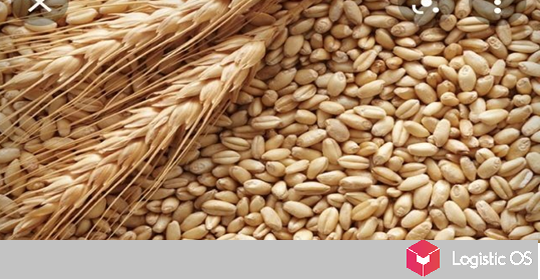According to the latest data from Rospotrebnadzor, the most inaccessible food products for Russians in the retail network were cabbage and beets, as well as kefir.
Rospotrebnadzor recently conducted a study in which it examined the availability of food products for Russians in retail chains.
In this case, we are not talking about prices, but about the regularity of the availability of goods in stores. In order to conduct the study, the range of products was analyzed in more than 40 thousand retail outlets.
The most affordable products that were found in almost every retail outlet were pasta, cheese, canned fish and meat, milk, wheat bread, yogurt and cooked sausage.
Rospotrebnadzor notes that the situation has not changed dramatically since 2022, when the agency made similar measurements, and it turned out that the most affordable were all the same goods as this year.
As for rare goods, cabbage and beets turned out to be them this year.
In 2022, this list also included turkey and sauerkraut. In addition, at the moment, it is not so easy for buyers to find and buy kefir, experts note.
There are also a number of products that belong to the average category in terms of availability in retail chains. For example, this is fish caught in fresh water bodies, beef, specialized dairy food for children.
At the same time, if we talk about large retail chains at the federal level, then, according to the Association of Retail Companies (AKORT), they are currently not recording a drop in the availability of products in any of the categories listed in the Rospotrebnadzor study.
According to information from federal chains, up to 5 types of beets, up to 4 types of white cabbage are presented on store shelves, and as for kefir, there are about 25 different types of it.
Retailers noted that the availability of any product on the shelf at any given time is one of the important performance indicators, so the chains do everything to maintain it at a high level.
Thanks to this, it was possible to achieve an increase in this indicator to 99%, while the world average is about 92%, according to AKORT.
However, retailers admit that, despite the absence of a mass problem with the availability of goods, it cannot be ruled out that this will periodically happen in individual retail outlets.
As for kefir, the decrease in its availability in stores may be due, first of all, to a drop in interest in it from buyers, who are increasingly choosing alternative products, such as yoghurts.

